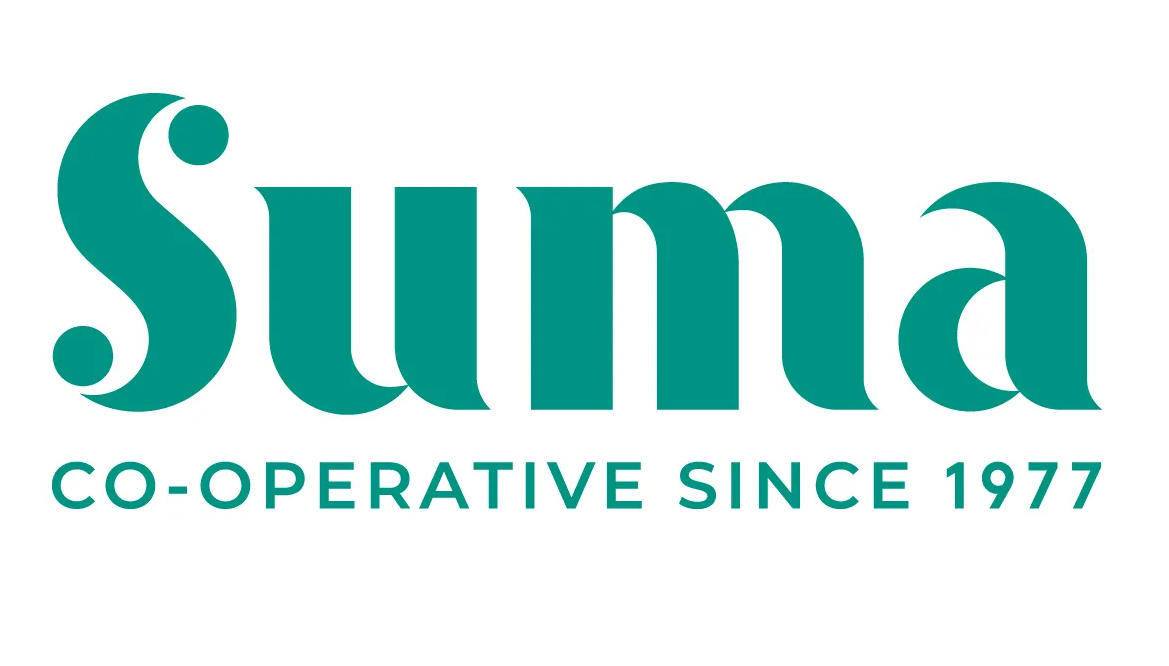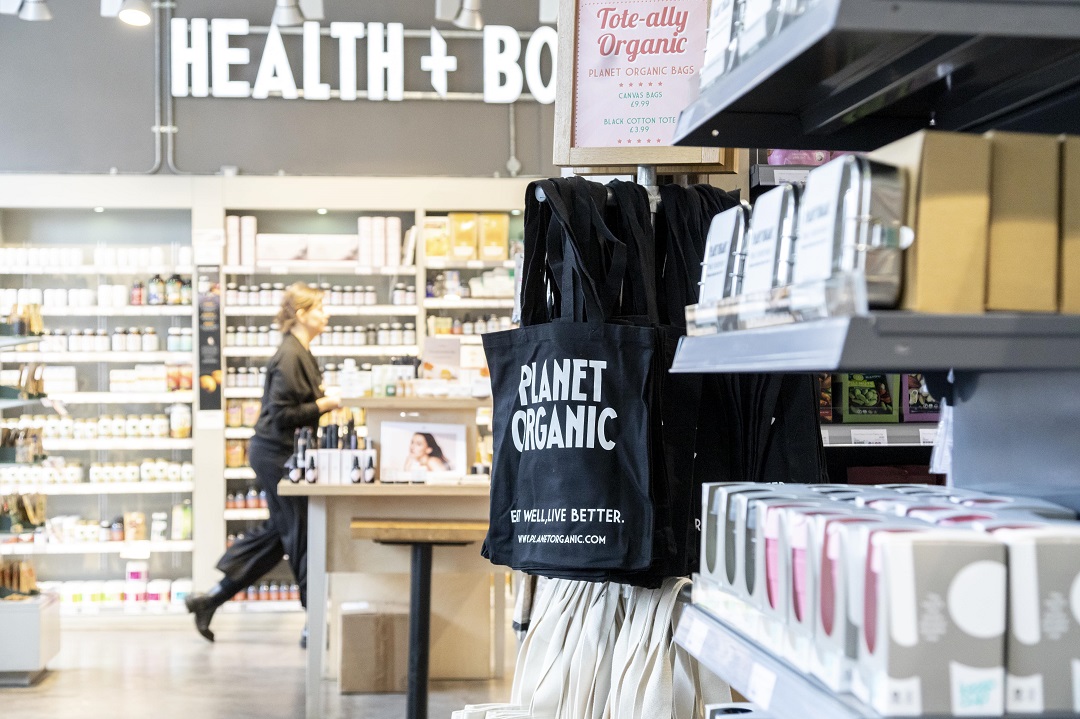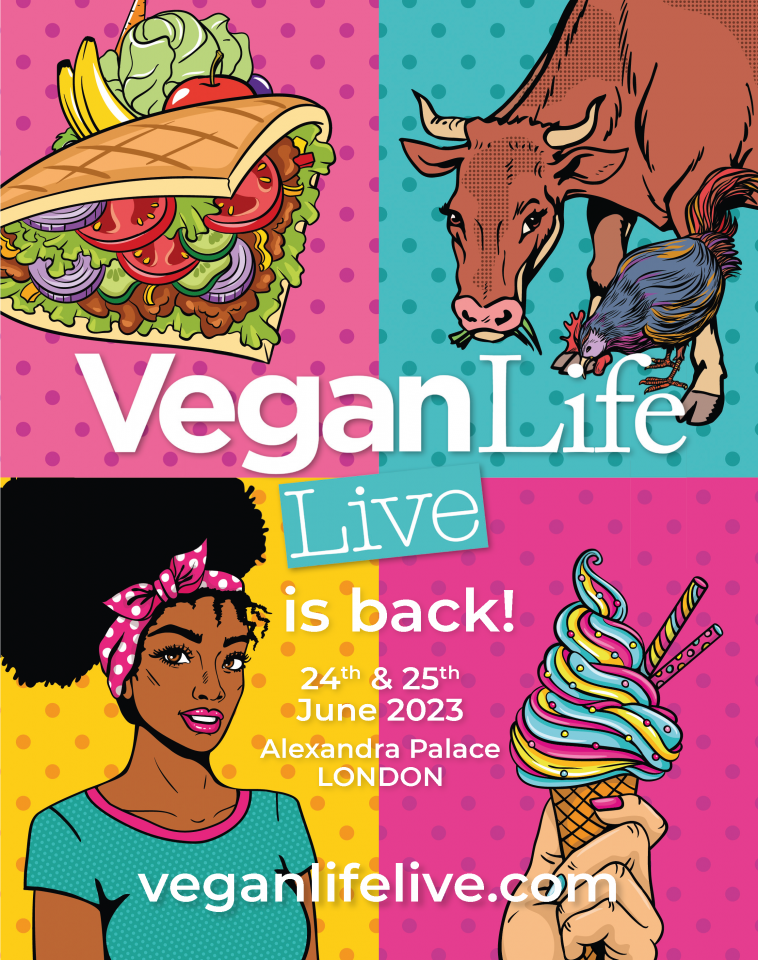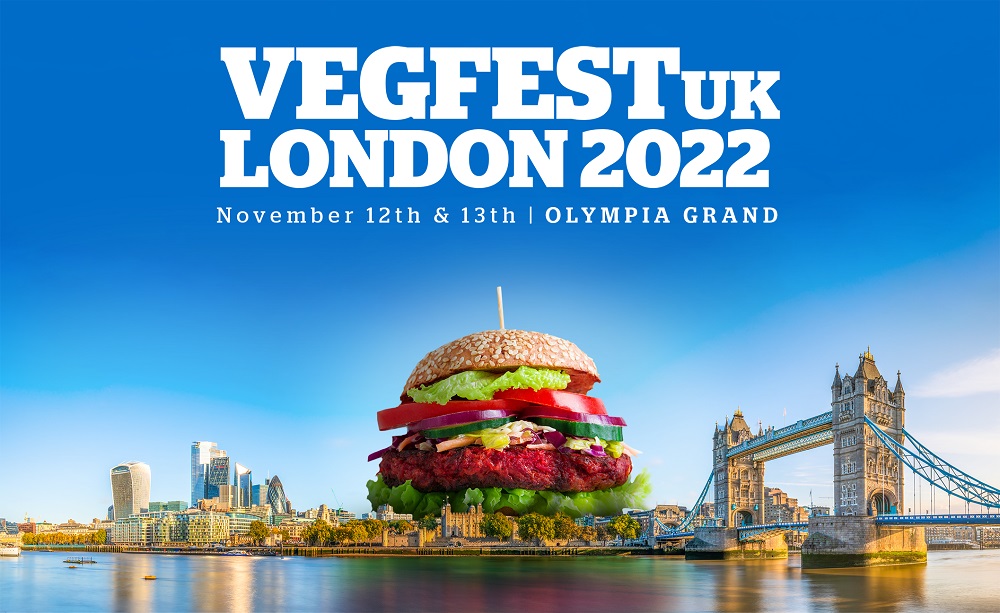Posted by admin on July 6, 2023 · Leave a Comment

Planet Organic has announced its ecommerce store has now been relaunched following its recent rescue.
After going into administration before being bought by original founder Renée Elliott, Planet Organic says it is delighted to announce the relaunch of its online store after a three-month hiatus.
With a simplified offering, the Planet Organic website will no longer offer fresh foods, but instead will prioritise its grocery emporium and health and bodycare collections. Visitors to the site will be able to peruse a wide range of organic products from a host of innovative and sustainable brands. The Planet Organic website’s core aim is to make shopping consciously easy.
Commenting on the relaunch, Renée said: “We’re delighted to once again bring the mission of Planet Organic online. Making our organic offerings available on our website means people can shop our products not only through our ten stores, but also across the whole country. We’re excited to return to our focus on organic and our passion for sourcing new products for our customers.”
Planetorganic.com offers an extensive range of organic staples, baking essentials, Japanese products, baby products, keto, vegetarian, vegan, gluten-free, dairy-free and plant-based foods. Alongside this, the online organic supermarket stocks a selection of vitamins, supplements, fitness items, skincare, haircare, suncare and makeup products.
Posted by admin on May 31, 2023 · Leave a Comment

Suma Wholefoods has taken a firm stance on the climate emergency by joining Business Declares.
 The Yorkshire-based worker-owned co-op has become the latest member of the rapidly-growing network of businesses who acknowledge the climate and ecological emergency.
The Yorkshire-based worker-owned co-op has become the latest member of the rapidly-growing network of businesses who acknowledge the climate and ecological emergency.
Suma Wholefoods is Europe’s largest equal pay co-operative and of the UK’s leading vegetarian wholesalers and brands.
On joining Business Declares, Suma shared that they aim to reach Net Zero by 2035 by reducing their emissions and improving their impact on biodiversity.
Ben Pearson, Sustainability Reporting coordinator at Suma, says: “Here at Suma we have always taken our commitment to people and the planet seriously. As a workers co-op, we have tried hard to put environmental and social goals at the heart of everything we have done since we were founded over 40 years ago.
“We recognise we are facing a climate catastrophe and that the world around us is rapidly changing. There is a real and unpredictable risk of the current systems that maintain our planet will shift, driving catastrophic changes in our environment and, with it, insecurity and conflict. That’s why we are declaring a climate and ecological emergency and adding our voice to Business Declares, a fast-growing network of purpose-driven businesses who are committed to specific and meaningful actions to make a difference.”
Posted by admin on April 27, 2023 · Leave a Comment

After falling into administration, Planet Organic has been acquired by the company whose shareholders include its founder, Renee Elliot.
It was confirmed earlier this week that Will Wright and Chris Pole from Interpath Advisory were appointed joint administrators to Planet Organic Limited. And since then, Interpath has announced that had sold Planet Organic to Bioren Limited, whose shareholders include the founders of Planet Organic, Renée and Brian Elliott.
In a statement, Interpath said that the future of Planet Organic, the UK’s first fully certified organic supermarket chain, has been secured after administrators sold the majority parts of the business and its assets to Bioren. The deal will see 10 Planet Organic stores continue to trade in locations throughout London, safeguarding 194 jobs in-store and 71 jobs in the head office.
Sadly, it was confirmed that four stores were not included as part of the transaction and will close with immediate effect. The statement added that it is therefore with regret that the joint administrators have made 64 redundancies, adding that the joint administrators will be providing support to those impacted as a matter of priority.
Will Wright, Head of Restructuring at Interpath Advisory and joint administrator, commented: “Planet Organic is a well-respected brand with wonderful stores and hard working people that genuinely care about the customer experience, which is why over the years it has grown a very loyal customer base.”
Gareth Slater, Director at Interpath Advisory, who led the sales process, added: “After a competitive process, we’re delighted to have concluded this transaction, which will see the Planet Organic name continue to trade and, importantly, protects a large number of jobs. We know that the new owners have exciting plans for the business and we wish them the very best for the future and look forward to seeing the business go from strength to strength.”
Founded in 1995, Planet Organic has grown over the past 28 years to become the UK’s largest chain of Soil Association certified organic shops, operating from 14 sites across London and the South East of England. Shortly after the end of the pandemic, the company’s directors embarked on a new growth phase that required significant restructuring and changes within the business. While the underlying business is strong and the company’s stores were largely profitable, the business as a whole was lossmaking, which ultimately led to the appointment of the administrators.
Looking ahead, the directors of Bioren plan to return to Planet Organic’s vision and values, reinvigorating the business by celebrating its mission, ‘To promote health in the comunity’, and to renew training and culture, with the aim of inspiring people to eat well and create personal health and vitality while supporting the earth’s health and biodiversity.
Posted by admin on November 14, 2022 · Leave a Comment

Vegan Life Live, one of the most successful vegan events on the calendar, has announced that it will be returning in summer 2023 as organisers Prime Impact joins forces with original vegan event organisers VegfestUK to co-host the event.
Taking place on 24 and 25 June, the vegan extravaganza will be held at the iconic Alexandra Palace in North London with over 200 exhibitors, alongside cookery demos, talks and presentations and entertainment.
The show is set to retain its original family-friendly broad scope feel that welcomes all comers to experience the benefits of plant-based living, whilst delivering a fresh set of exhibitors, speakers and entertainers, with the addition of music and a stage, plus conference facilities to allow a focus on health and wellbeing in and amongst the general festivities associated with mid-summer.
“Music, dance and fun and games are high on the agenda for 2023,” says organiser Tim Barford, from VegfestUK, “and an emphasis of fun and a feel-good factor is even higher, in line with our original vegan events 20 years ago. We celebrate two decades of vegan events in 2023 and what better way to do that by joining forces with Prime Impact to deliver one of the high spots of the year on the vegan calendar.”
“Vegan Life Live 2023 aims to deliver a high energy experience welcoming everyone interested in plant-based living, from the vegan curious to accomplished veterans,” adds Keith from Prime Impact. “Vegan Life Live is recognised for attracting a diverse audience and, in joining forces with VegfestUK, the 2023 show will benefit from a wealth of experience and know how to further expand its appeal. Together, our focus will be on delivering a fun filled entertaining weekend where new culinary skills can be learned as we celebrate a vegan summer party like no other. Known as the people’s palace, Alexandra Palace, is a not only beautiful venue that delivers a real feel-good factor but is one of the most accessible venues in London. Come and join the party!”
Vegan Life Live is at Alexandra Palace weekend of 24 and 25 June 2023, with further information on the website www.london.veganlifelive.com
Posted by admin on November 6, 2022 · Leave a Comment

Next weekend we see the return of the UK’s biggest indoor vegan exhibition, VegFestUK London, after an enforced three year absence.
The two day show, taking place on 12 and 13 November at Olympia Grand, will have 230 exhibitors and over 100 speakers, with a packed programme of talks, presentations, panels and demos, and an anticipated 10,000 attendees over the weekend.
VegfestUK London provides a unique blend of independent vegan businesses, campaigns, charities and organisations, as well as a myriad of individuals and influencers, representing the heart of the vegan movement that has gathered pace over the last two decades especially.
Exhibitors will showcase the latest plant-based options, new products and offer special show-only offers, whilst the jam-packed schedule provides outstanding education, inspiration and entertainment throughout the weekend.
The VegfestUK London 2022 Show Guide is out now and available to read free online before the event HERE, and free print copies will be available on entry for every visitor to the event.
For more information, visit www.london.vegfest.co.uk


 Organic & Natural Business magazine
Organic & Natural Business magazine





